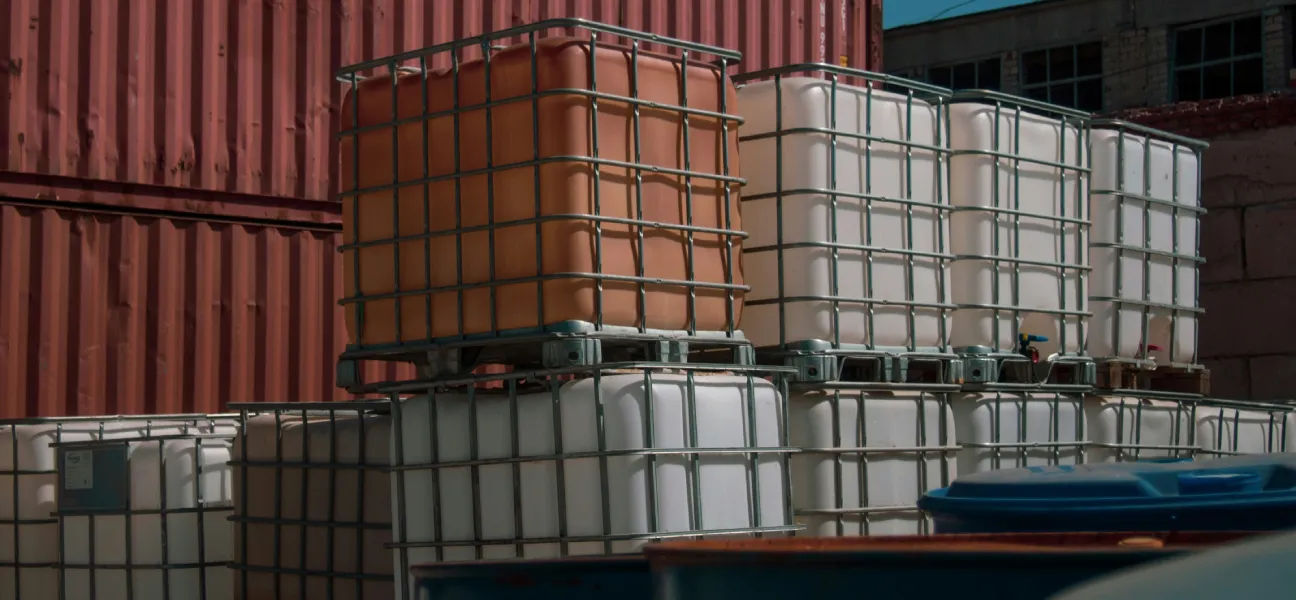
In the food industry, bulk food suppliers are very important. They provide a strong base for many businesses, including restaurants and large food companies. Knowing how bulk food suppliers work can improve your ingredient sourcing, operations and make your supply chain more efficient and clear.
A bulk food supplier provides large amounts of food to businesses at a lower price. This helps businesses save money because they buy in bulk. For restaurants, this means they can get a steady supply of ingredients, such as grains, vegetables, and special items in the quantities they need.
Bulk food suppliers serve a wide range of commercial buyers, from large-scale manufacturers and co-packers to boutique wellness brands and foodservice operators. Unlike retail vendors, who sell pre-packaged, consumer-ready items, bulk suppliers deliver food ingredients in industrial quantities, often in 25kg sacks, drums, or intermediate bulk containers.
These suppliers are typically used by:
Working with wholesale suppliers has many benefits. First, buying in bulk can cut costs, which is crucial for businesses with tight budgets. By partnering with these suppliers, businesses can get better prices based on how much they buy.
Bulk food suppliers also offer a wide range of products that meet different cooking and dietary needs. This variety helps food entrepreneurs create diverse menus while keeping quality consistent. Additionally, these suppliers usually have strong delivery networks, ensuring products arrive on time and reducing the chance of running out of stock.
Using bulk food suppliers can also simplify operations. By combining purchases, businesses can reduce the number of transactions and paperwork. This saves time and improves transparency, giving a clear view of inventory and spending.
Building strong relationships with reliable bulk food suppliers is essential for long-term success. These partnerships ensure a steady supply of quality products and allow for new ideas to emerge. By communicating openly and working towards common goals, businesses can strengthen their position in the market.
Choosing the right bulk supplier requires more than just comparing prices. Here’s what to look for:
Scaling your supply chain comes with new challenges. Here are common mistakes to avoid:
To evaluate whether a bulk food supplier is the right fit, consider asking:
Asking the right questions upfront sets clear expectations and helps you avoid downstream issues.